2019 marks 100th anniversary of Baptist missionary’s death
By Joanne Sloan
Timothy Richard (1845–1919) was a Welsh Baptist missionary to China for 45 years. He made great contributions to Christianity and to China’s modernization.
This year marks the 100th anniversary of his death.
He was born to Timothy and Eleanor Richard on Oct. 10, 1845, in Ffaldybrenin, a village near Carmarthenshire, Wales.
Missionary movement
He was saved during the Second Evangelical Awakening, and at 18 he was headmaster of the local school. He held a Bible class for the seniors, giving them lessons on the life of Paul.
With his savings from teaching, Richard studied at Haverfordwest Theological College from 1865 to 1869 and learned about the missionary movement to China.
He applied to the Baptist Missionary Society (BMS) and was accepted as a missionary.
He left for China from Liverpool in November 1869 and arrived at Shanghai in February 1870. He was assigned to a small BMS mission in Chefoo in Shandong Province. He worked there until January 1875. He mastered the Chinese language and adopted Chinese dress to identify with the Chinese.
Since he didn’t think a coastal town was a strategic location, he moved inland to Ch’ing-Chou-Fu, a major administrative capital and religious center. There he formed his missionary principles.
He believed that the Church in China should be self-supporting. He argued that itinerant evangelism should be the work of Chinese Christians, and missionaries should focus their attention on the leaders of society — religious teachers and the scholar-gentry.
In 1878, Richard married Mary Martin, a trained theologian, writer and translator. She became an active partner in his work. They had four daughters.
From 1876 to 1879 the Northern Chinese Famine affected northern provinces of China, including Shandon and Shanxi. Nine to 13 million people are estimated to have died. Richard first called international attention to the famine. He was deeply affected by it, and he and his wife were prominent in relief work.
The famine convinced Richard that only Western scientific expertise could help avert disasters. His answer was to target the educated and religious elite with a message that tied Christianity to the attractions of Western civilization. Many of his BMS colleagues regarded Richard’s theology as liberal and his ideas unfounded.
In 1887 he left Shanxi and worked on a freelance basis. He became a contributor to the monthly paper Review of the Times. He wrote or translated 100 of the paper’s 250 publications, including “The Prime Benefits of Christianity.”
‘Great gift’
Richard represented the British government to establish Shanxi University, one of the earliest modern universities in China.
He retired in 1915 and died in London on April 17, 1919. His ashes were placed in a London crematorium.
A plaque was erected in 1990 in Ffaldybrenin. It read in part: “He was the great gift of the Baptist Missionary Society and the Welsh nation to China.”
This year a large exhibition and international conference in Wales will celebrate Richard’s life and achievements.
____________________
EDITOR’S NOTE — Joanne Sloan, a member of First Baptist Church, Tuscaloosa, has been a published writer of articles and books for 30 years. She has a bachelor’s degree double majoring in history and English from East Texas State University (now Texas A&M–Commerce) and a master’s degree specializing in English from the University of Arkansas (1978).

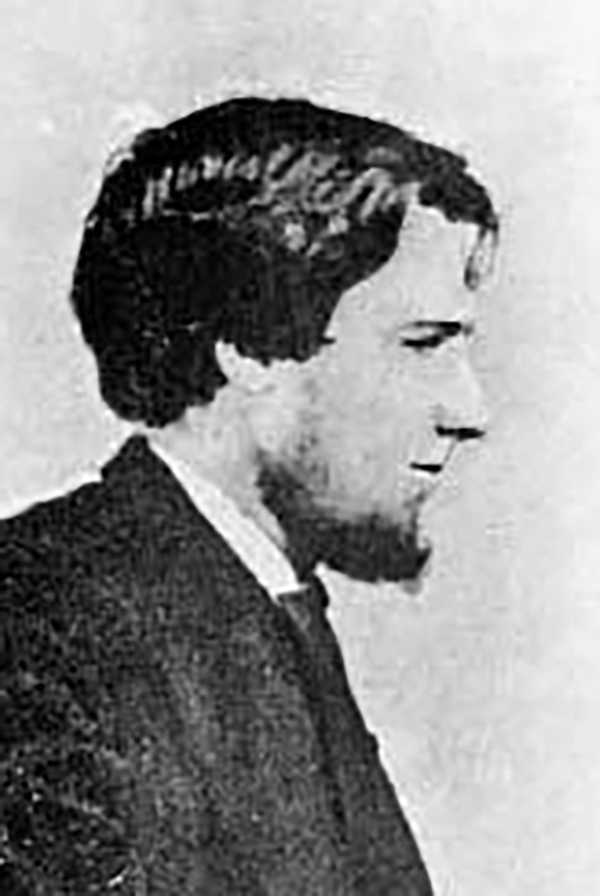
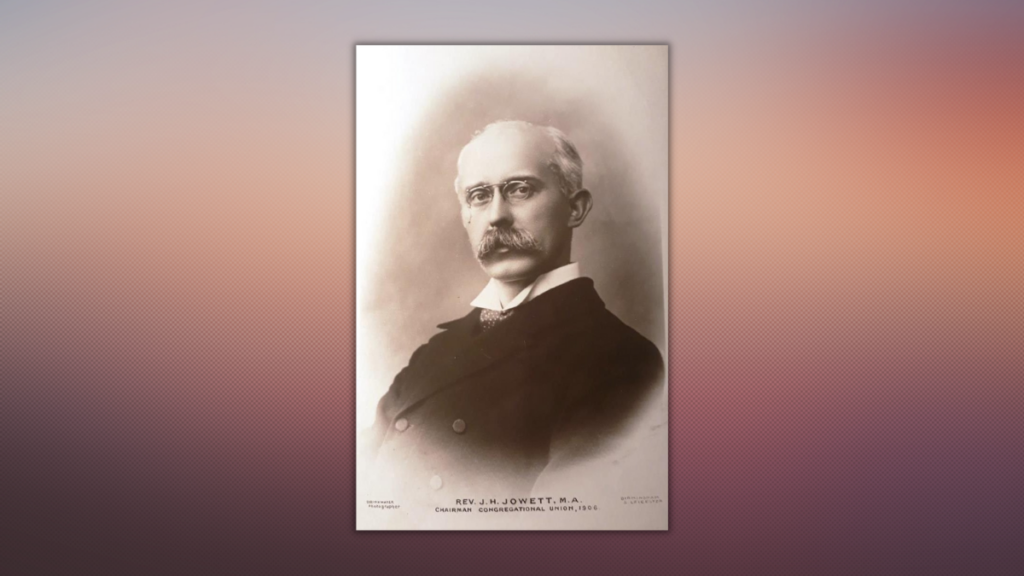
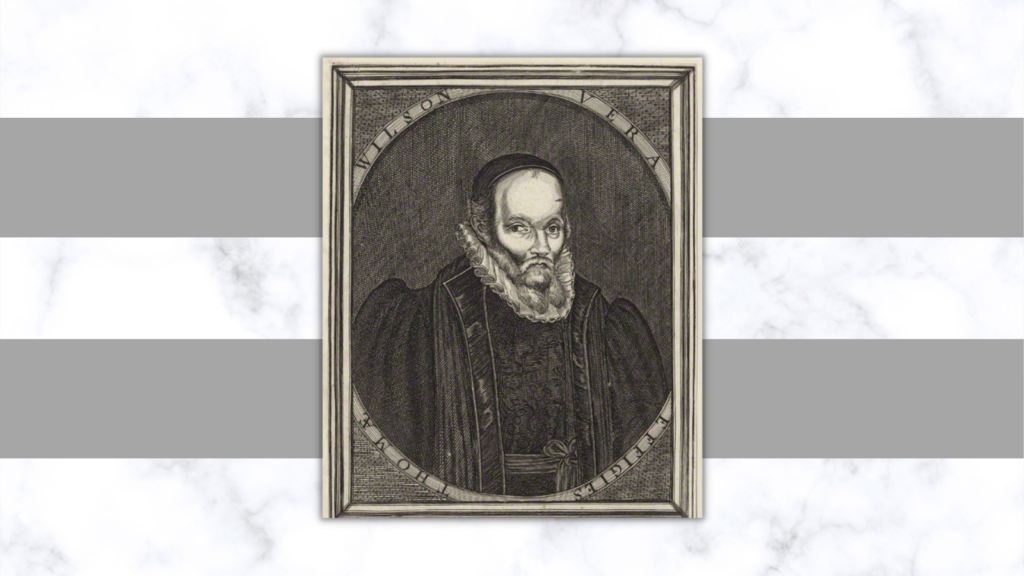
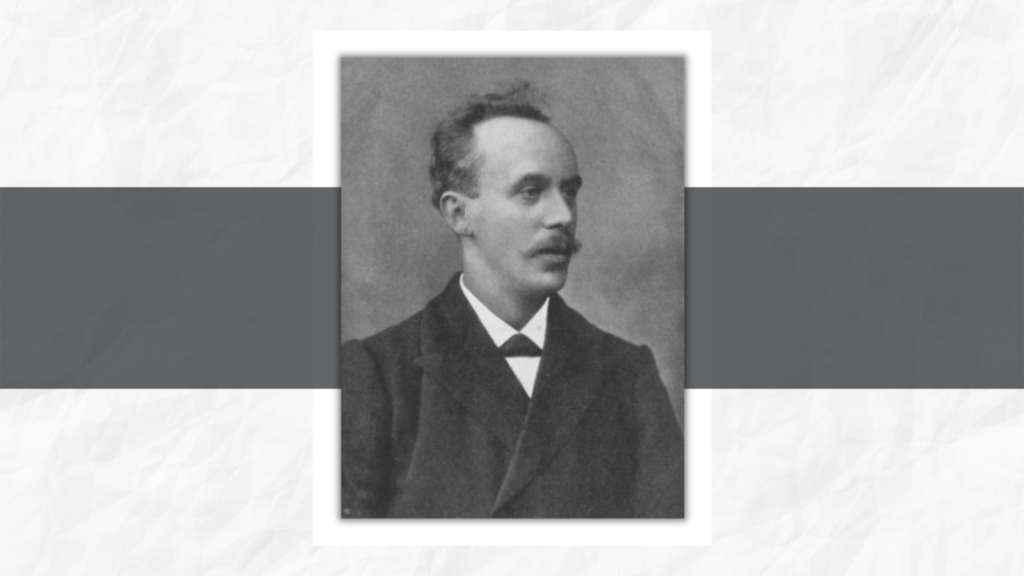
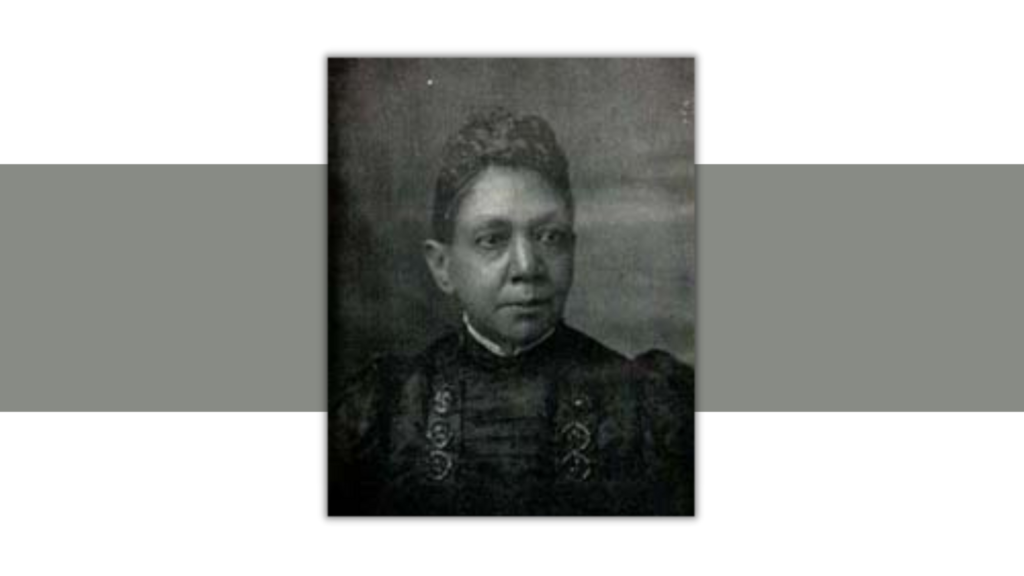
Share with others: